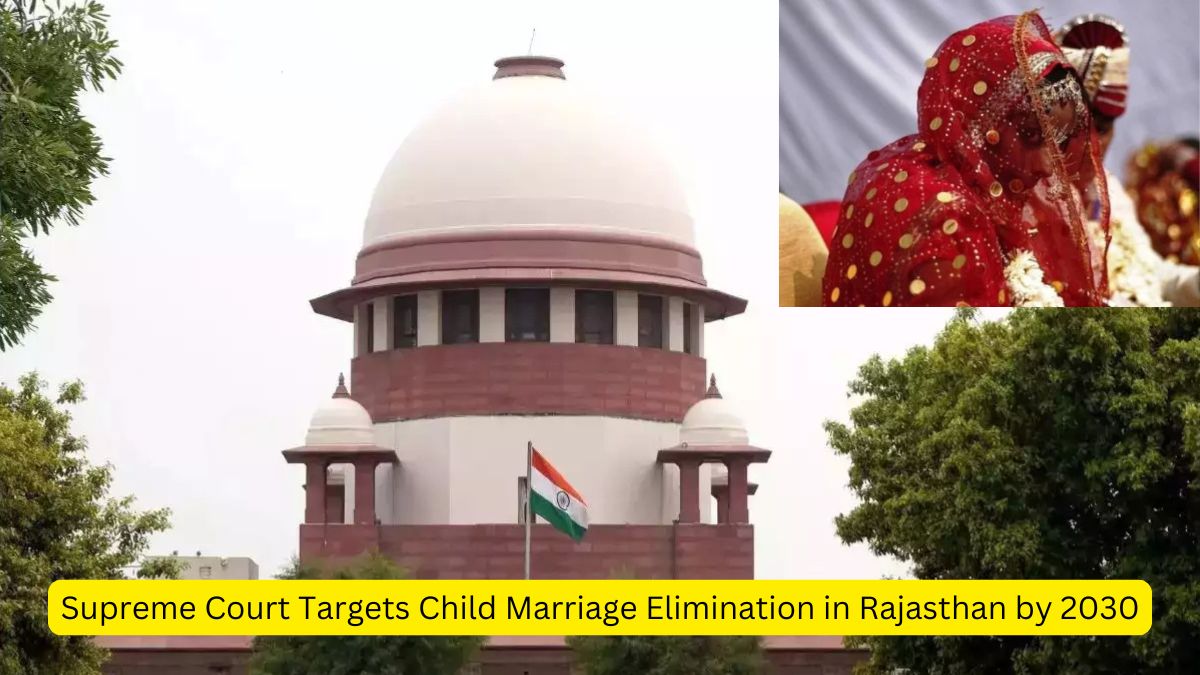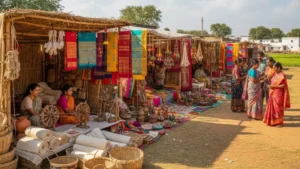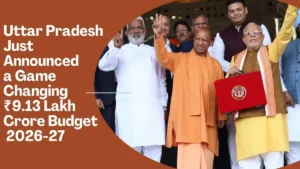The Supreme Court’s recent guidelines to eliminate child marriages in Rajasthan by 2030 have provided a significant boost to civil society organizations working to combat this issue. With a focus on holding local panchayats, school authorities, and child protection officers accountable, these guidelines aim to address the widespread practice of child marriages in the state.
Rajasthan’s Child Marriage Statistics
- 25.4% of women aged 20-24 in Rajasthan were married before the age of 18, according to the National Family Health Survey-5.
Supreme Court’s Guidelines
- The Court ruled that child marriages violate the fundamental right to choose a life partner and cannot be justified by personal laws.
- The Prohibition of Child Marriage Act, 2006, should be enforced without restrictions from personal laws.
- The Court emphasized a “prevention, protection, and prosecution” model to enforce the 2006 Act.
- Local panchayats, school authorities, and child protection officers will be held accountable for any child marriages in their areas.
Impact of the Guidelines
- Empowered civil society organizations, like the Just Rights for Children Alliance (JRCA), view this judgment as a significant step toward eliminating child marriages by 2030.
- The JRCA has pledged to intensify its awareness campaigns and on-ground efforts to ensure the elimination of child marriages.
Civil Society Efforts
- The Child Marriage Free India campaign, led by the JRCA, played a key role in the case that resulted in the Supreme Court’s verdict.
- Civil society groups are working with village authorities to educate communities and end the practice of child marriage.
Support from Local Authorities
- Rajeev Bharadwaj, convenor of the Child Marriage Free India campaign, emphasized that a multipronged approach is necessary to end child marriages, which have been entrenched in society for centuries.
- Local panchayats and police officials must unite to end child marriages, with civil society groups offering collective support.
Rajasthan High Court’s Role
- In May 2023, the Rajasthan High Court directed the state government to sensitize sarpanches and panches (village leaders) under the Rajasthan Panchayati Raj Rules, 1996.
- The High Court stated that sarpanches would be held responsible if they failed to prevent child marriages in their villages.
Key Stakeholders
- The Association for Voluntary Action and other groups are working with village authorities to monitor and prevent child marriages.
- Police, educators, and community leaders are all crucial in the campaign to eliminate child marriages.
| Static/Summary | Details |
| Why in the news? | The Supreme Court’s recent guidelines to eliminate child marriages in Rajasthan by 2030 |
| Statistics (NFHS-5) | 25.4% of women aged 20-24 in Rajasthan were married before 18. |
| Supreme Court Guidelines | Focus on eliminating child marriages in Rajasthan by 2030, holding local panchayats, school authorities, and child protection officers accountable. |
| Supreme Court Verdict | The Prohibition of Child Marriage Act, 2006, cannot be limited by personal laws. It rules that child marriages violate the free will of individuals. |
| Multipronged Approach | End child marriages through a unified effort of civil society, village panchayats, and police, supported by awareness programs. |
| Court’s Directives | Empower children about their rights and hold local authorities accountable for child marriages. A “prevention, protection, and prosecution” model should be adopted. |




 Delhi Govt. Unveils Scheme to Empower Ar...
Delhi Govt. Unveils Scheme to Empower Ar...
 Naga Community Bans Pangolin Hunting in ...
Naga Community Bans Pangolin Hunting in ...
 Uttar Pradesh Just Announced a Game Chan...
Uttar Pradesh Just Announced a Game Chan...








